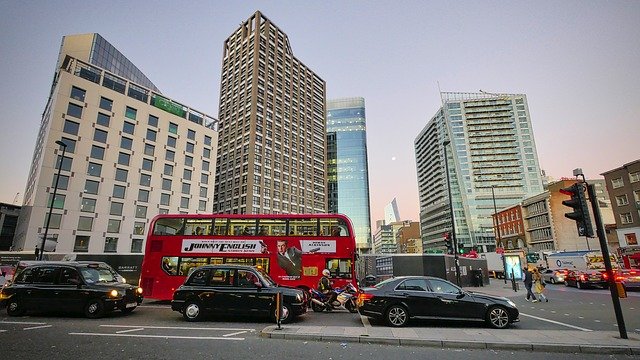Our Transport & Mobility work is focused on researching how to reduce energy use in the sector. We are developing state-of-the-art models for transport energy demand in the areas of local fleets and plug-in vehicle charging strategies. Energy use in the transport sector is increasingly driven by the challenges of accelerating the adoption of affordable clean technology, whilst managing the effects on demand of changing labour markets, the growth of on-demand mobility services and increased digital connectivity. Despite the focus of much research on local commuter journeys, it is motorways, trunk roads, railways and airlines where energy demand volumes are growing. These long distance journeys account for a small share of trips, a larger share of travel distances and energy use, and an even larger share of climate impacts.
To address these challenges, we are:
- Exploring where transport energy demands are highest
- Examining the constraints and opportunities for transport flexibility
- Assessing how to accelerate the take-up of carbon and energy reduction policies
The University of Reading team are developing a multi-scale modelling approach to represent the wide variety of Electric Vehicle charging control strategies and charging behaviours in order to evaluate the power grid implications of and for increased EV uptake. This work will draw on a UK car and van fleet model developed by the team at Oxford University. The models will be applied in combination to explore technical and policy measures in a range of case study geographic regions.
https://www.creds.ac.uk/transport-mobility/
https://gtr.ukri.org/projects?ref=EP%2FR035288%2F1
Lead Organisation CREDS: Environmental Change Institute – University of Oxford
Lead Organisation Mobility Theme: University of Leeds
University of Reading PI: Dr Stefán Thor Smith
University of Reading Co-Investigator: Dr Phil Coker, Dr Ben Potter
PDRA: Dr Farzaneh Daneshzand
Start and End Date: September 2018 – March 2023

